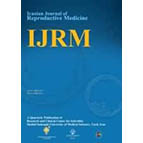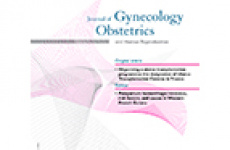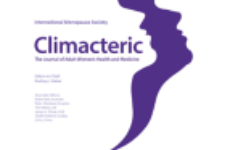 Background:
Background:
Over the years, many article on different aspects of pathogenesis and management of poor ovarian responders have been published but there is no clear guideline for treating themyet.
Objective:
This study was designated to compare the effectiveness of a delayed start protocol with gonadotropin-releasing hormone (GnRH) antagonist and microdose flare-up GnRH agonist protocol in poor ovarian responders.
Materials and Methods:
This randomized clinical trial consisted of 100 poor ovarian responder women in assisted reproductive technologies cycles. They were divided randomly in delayed-start antagonist protocol (with estrogen priming followed by early follicular-phase GnRH antagonist treatment for 7 days before ovarian stimulation) and microdose flare-up GnRH agonist protocol. The main outcome was clinical pregnancy rate and second outcome was the number of retrieved oocytes, mature oocytes, 2PN number, fertilization rate, and implantation rate.
Results:
Fertilization rate, clinical pregnancy rate, and ongoing pregnancy rates were not significantly different between the two studied protocols. Number of retrieved oocytes (5.10±3.41 vs. 3.08±2.51) with p=0.002, mature oocytes (4.32±2.69 vs. 2.34±1.80) with p=0.003, number of 2PN (3.94±1.80 vs. 2.20±1.01) with p=0.001 and implantation rate (19.40% vs. 10.30%) with p=0.022 were significantly higher in delayed antagonist group.
Conclusion:
The delayed-start protocol can improve ovarian response in poor responders by stimulating and synchronizing follicle development.
Robab Davar, Nosrat Neghab, Elham Naghshineh
International Journal of Reproductive Biomedicine, Volume 16, Issue 4















